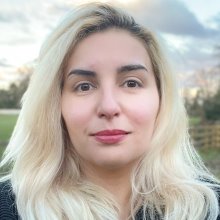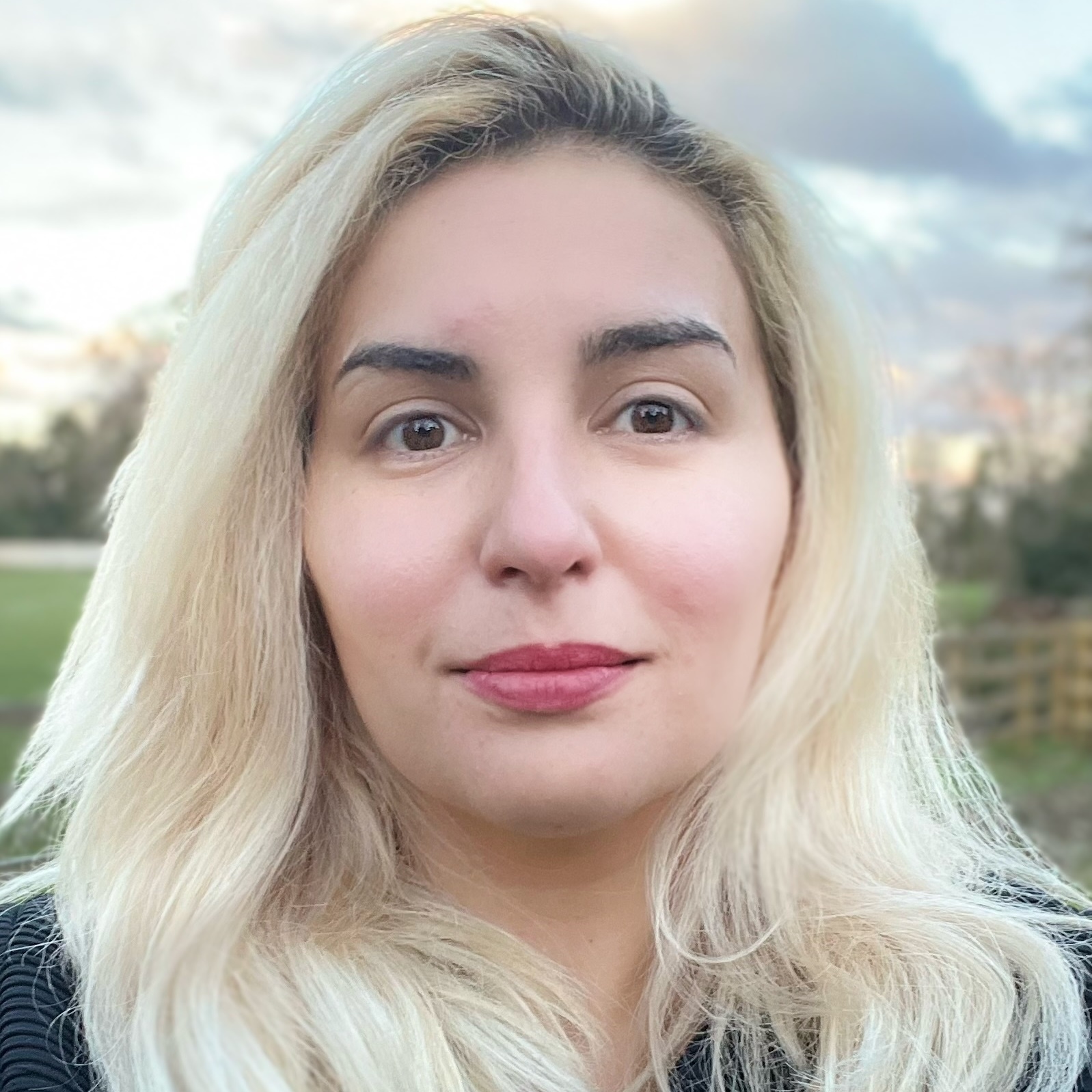
On International Day of Women and Girls in Science we have been celebrating the brilliant women who teach and support the STEM subjects at Shiplake. In this week's 'A Conversation With... ' we had a chat to Head of Computer Studies and Director of Digital Strategy, Dr Lays Valim who gives us a fascinating insight into her background in science and why she loves teaching computer studies.
Can you tell us a bit about your role at Shiplake?
I am Head of Computer Studies and Director of Digital Strategy at Shiplake and have been here since September 2021. The digital strategy part of my job involves looking after the College’s IT and how that impacts our operations, as well as teaching and learning. As head of department, I work with colleagues to deliver a range of courses: computing and cyber skills lessons in Years 7 through 9, GCSE Creative iMedia and Computer Studies, as well as A Level Computer Science and ICT BTEC in the Sixth Form.
A normal day for me involves teaching, attending numerous meetings with colleagues across the College, managing a range of suppliers, supporting our pupils pastorally and looking at how we can further improve our digital offering to have a positive impact on the day to day running of the College. I am also part of the Diversity and Inclusion Committee and we look at ways to raise awareness and to support our College community by celebrating differences.
As it is International Day of Women and Girls in Science we would love to know what inspired you to work in computer science and to become a teacher?
My family instilled a sense in me that there are no limits to what anyone can do, irrespective of their gender, provided one works hard to achieve their goals. I was very lucky to have grown up surrounded by three generations of women who were the heads of the house.
My career started in other STEM subjects. I joined university at age 17 to study physics and material sciences in my home town in Brazil (there were only three women on our course), but I ended up relocating to the UK after turning 18. I completed my MPhys degree in physics and nanotechnology in Leeds, where we had a much stronger representation of women. I then was awarded a second Masters degree in the chemical biology of health and disease and my PhD through the Chemistry Department at Imperial College, which at the time had moved from a Silver to a Gold Athena Swan Award for gender equality.
While I love STEM, it took me a long time to get into computer science because I had always seen it as something I did for fun rather than as a career. I have been a keen programmer since my early teen years. A lot of it was self taught but at Imperial I was able to develop software to help me achieve my research goals and to analyse the data from my experiments. This highlighted that computer programming could become more than just a hobby for me.
As I was writing my thesis, my son asked if I could run after school clubs in his primary school delivering robotics and coding activities. I had a blast, I really loved it. Turns out the apple doesn’t fall too far from the tree, as I come from a family of teachers. I reached out to a local secondary state school to observe their lessons and after a few weeks they offered me a position to train as a computer science teacher. After a few years I moved on to my first head of department role at Wellington College for a couple of years before starting at Shiplake.
I love teaching computer science and sharing my passion for the subject with my pupils. I get to see the immediate impact of what I am doing in the classroom. It is great to see faces lighting up during those eureka moments. It absolutely makes my day.
Can you tell us about your time in academia?
My PhD research involved working with ultra fast lasers to detect oxidation in biological molecules with the intention to gain a better understanding of how these molecular modifications impact neurodegenerative conditions such as Alzheimer’s and Parkinson's disease. A lot of my time was spent aligning lasers and working with mirrors and lenses. Before that I worked on ways to synthesise magnetic nanoparticles using lipid vesicles as reaction vessels. I had fun analysing the particles I was creating and spent many hours working with electron microscopes and magnetometers.
What do you like to do in your free time?
I spend my spare time with my children, partner and our adorable French bulldog. We are currently renovating a 200 year old cottage, which keeps us busy. The occasional walk by the river and gardening afternoons make up for the rest of my free time.
What is the best thing about working at Shiplake?
For me, it is the kindness I see in colleagues and how everyone helps each other. It is a really positive and caring culture. I also value the fact that our senior leadership places huge importance in digital learning. It's great to have their support.
What does the future hold for Dr Valim?
My goal for now is to excel in my job at Shiplake, there are so many goals I want to achieve, including the most ambitious: to digitally transform our school in the next three years. I believe technology should enable and enhance learning, making our lessons more accessible and inspirational to all. I am very excited to be supported by amazing colleagues to achieve this.





















